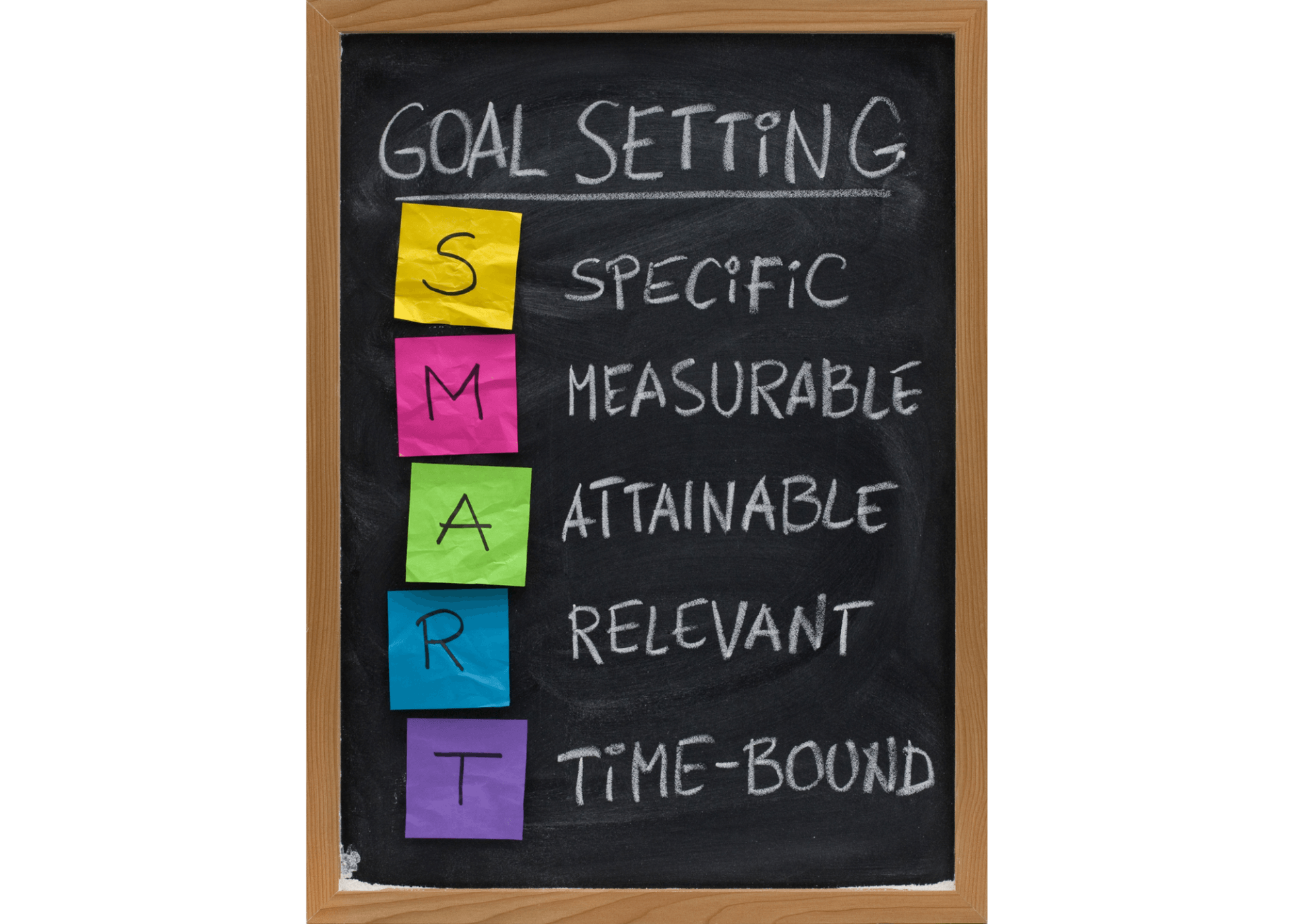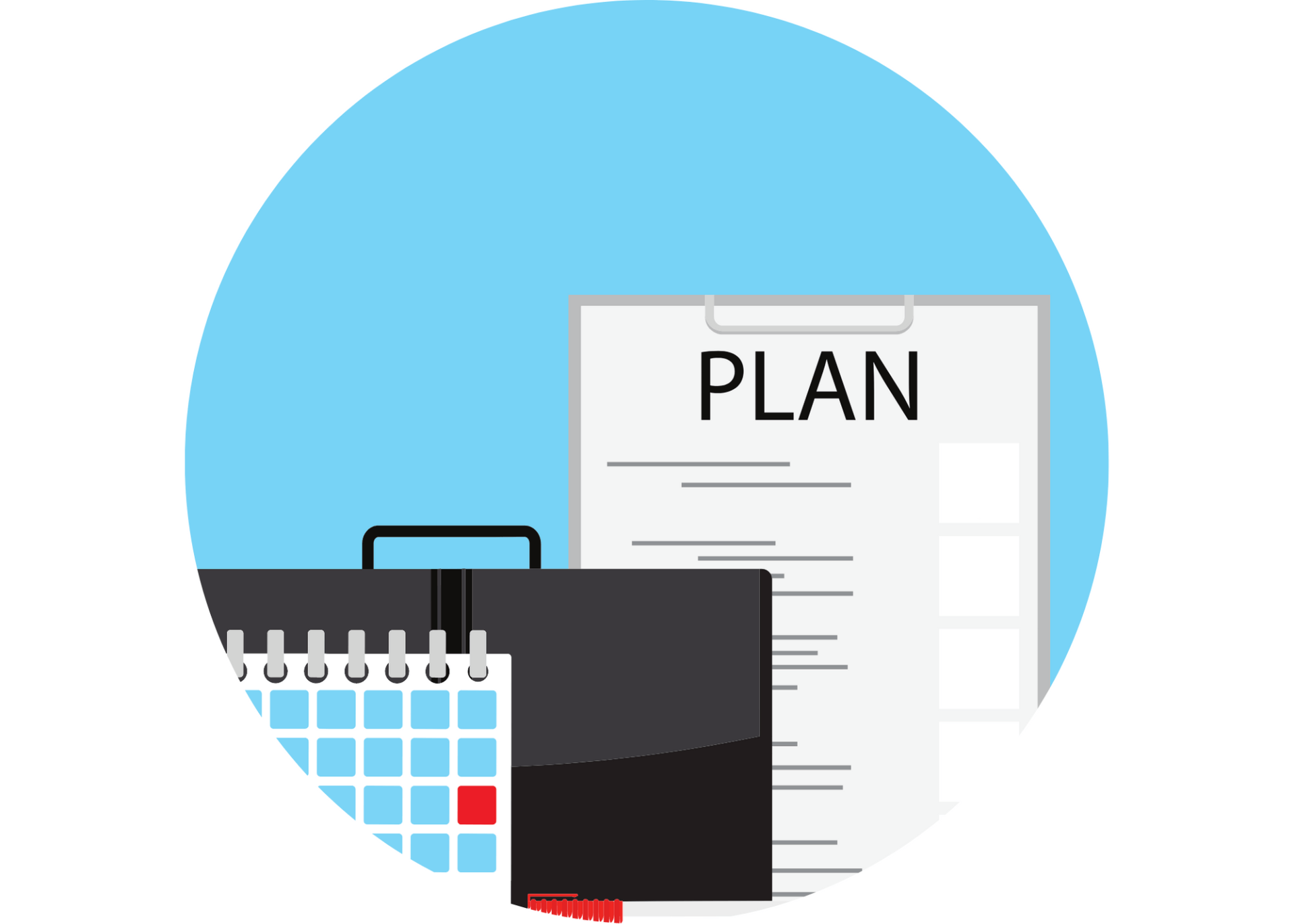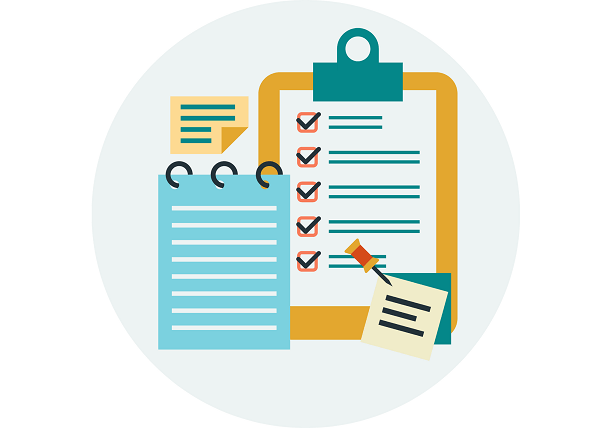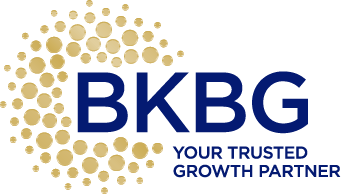Your 5-Point Checklist for Developing This Year’s Marketing Plan
The start of a new year is always exciting. It’s a time to reflect, reset, and establish new goals, both personally and professionally. If you’re a local business owner, it’s the opportune time to re-visit your business’s goals and reevaluate your marketing strategies.
Now you’re probably thinking, “But my marketing is working just fine. Why do I need to change it?” And that’s a great question.
Updating your marketing plan doesn’t mean you need to make vast changes or completely switch up your strategies. It doesn’t mean you should stop doing what’s working. But now more than ever, consumer behavior is changing, and the economy is fluctuating. Your business needs to keep up.
Using this simple checklist, you can assess your current marketing plan and make updates as needed to get a great start in the new year.
Redefine Your Goals
While “grow my business,” and “generate more revenue” are great overall goals, they’re too broad to help in strategic planning. In this stage, set S.M.A.R.T. goals.

Your marketing objectives should be specific, detailed, and measurable, such as:
- Grow our number of online reviews by x%
- Increase website engagement by x%
- Generate x% more leads
Defining your goals is an imperative first step because it drives the rest of the planning process.
Review Your Budget
Determining your marketing budget is not just about setting aside a sum of money to use on marketing. Your budget should be specific and itemized. This will help you measure ROI’s and identify when changes in strategy are needed.
In this phase of your marketing planning, keep in mind budgets have been on the rise in recent years. In the past, the general rule for small businesses suggested 7% of revenue should be allocated to marketing. But these days, the figures are more like 12-20% for new companies (younger than five years) and 6-12% for established companies.
Be sure to include all marketing-related expenses in your budget, such as:
- Website expenses such as domains, hosting, site building, and maintenance
- Client gifts, giveaways, or incentives
- Printing expenses related to marketing and advertising
- Photography expenses related to your website or other marketing material
- Salaries for your internal marketing staff
- Costs associated with an outside marketing agency

Confirm Your Branding
If you haven't established solid branding for your local business, now is a great time to do it. If you do have branding in place, take some time to review your branding guidelines. Ask yourself these questions:
- Does our branding make a strong impression?
- Does our branding convey a sense of the company’s identity?
- Are we using a consistent voice throughout our website, social media, and communications with clients?
- Are the images we’re using – on our website, social media, and other materials – consistent with our brand?
A strong brand message is important for any business, but branding is something that really sets a local business apart from its competitors.
Revisit Your Target Customer
Over the past two years, we’ve seen unprecedented changes in the world—the way businesses operate, evolving consumer behavior, even the way we live our daily lives.
Now, perhaps more than ever before, local businesses need to clearly identify and understand their target customer. Recognizing your target customer can be accomplished in a variety of ways, from super technical to pretty basic.
Consider these questions when targeting your idea customer:
- Get to know your current clients—ask questions, send surveys, gather information on what makes them your ideal customer
- Pay close attention to social media interaction—who is engaging with your brand most often?
- Keep an eye on your competition—who are their customers? What makes them ideal clients?

Assess Your Website
Now is the time for a deep dive into your website’s performance and analytics. Your website is one of the most important tools in your marketing toolbox, so ensuring its performing effectively is crucial.
As part of your website assessment, be sure to check on these points:
- Is our site fully optimized for search engines? Where can we make improvements?
- How’s the user experience? Where can we enhance UX?
- Is our site optimized for mobile devices?
- How quickly does our site load on various devices?
- Are the images we using current images on our site? Which images should be updated?
Remember, your business’s website lies at the core of all your other online marketing efforts. If your website is underperforming, there’s a good chance your other marketing efforts will fall behind, as well.
Need some helping building out your marketing plan? Touch base with us at Locallogy. We’d love to help!
Get the Latest Content in Your Inbox
Want to be the first to know about new content? Sign up to get our weekly blog posts sent to your email!






